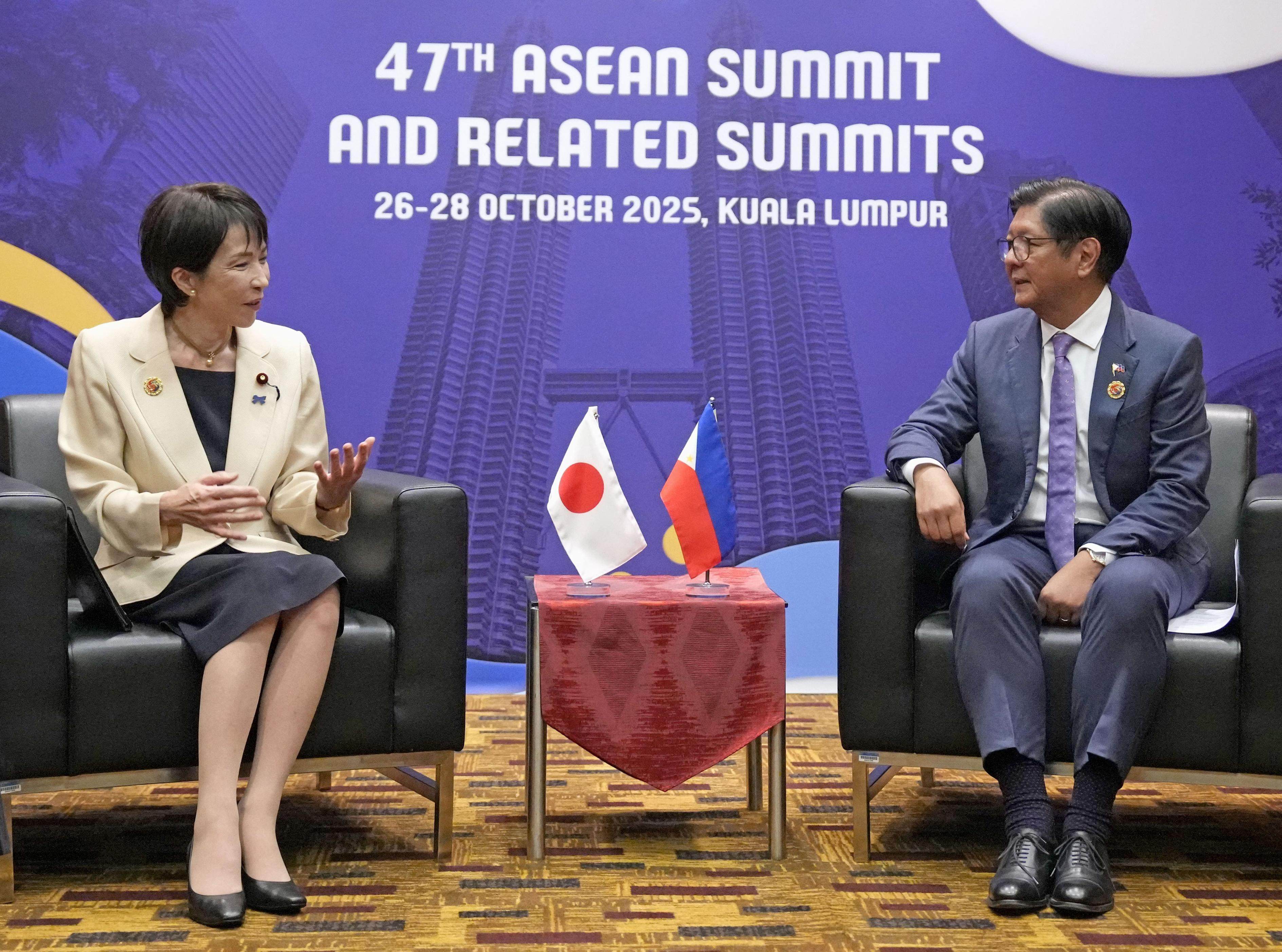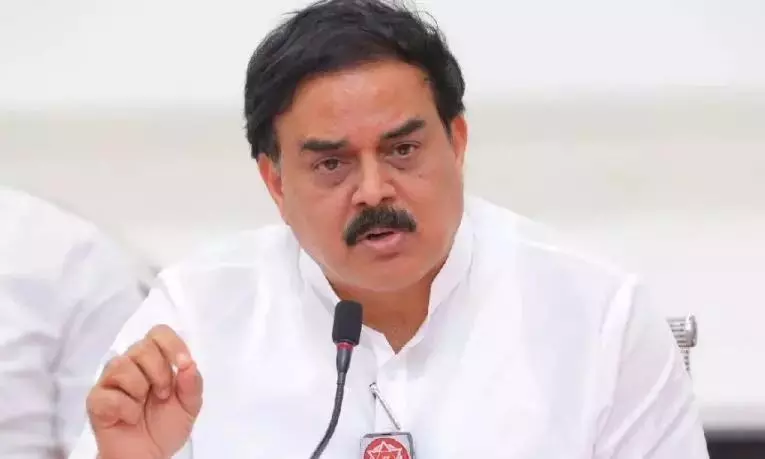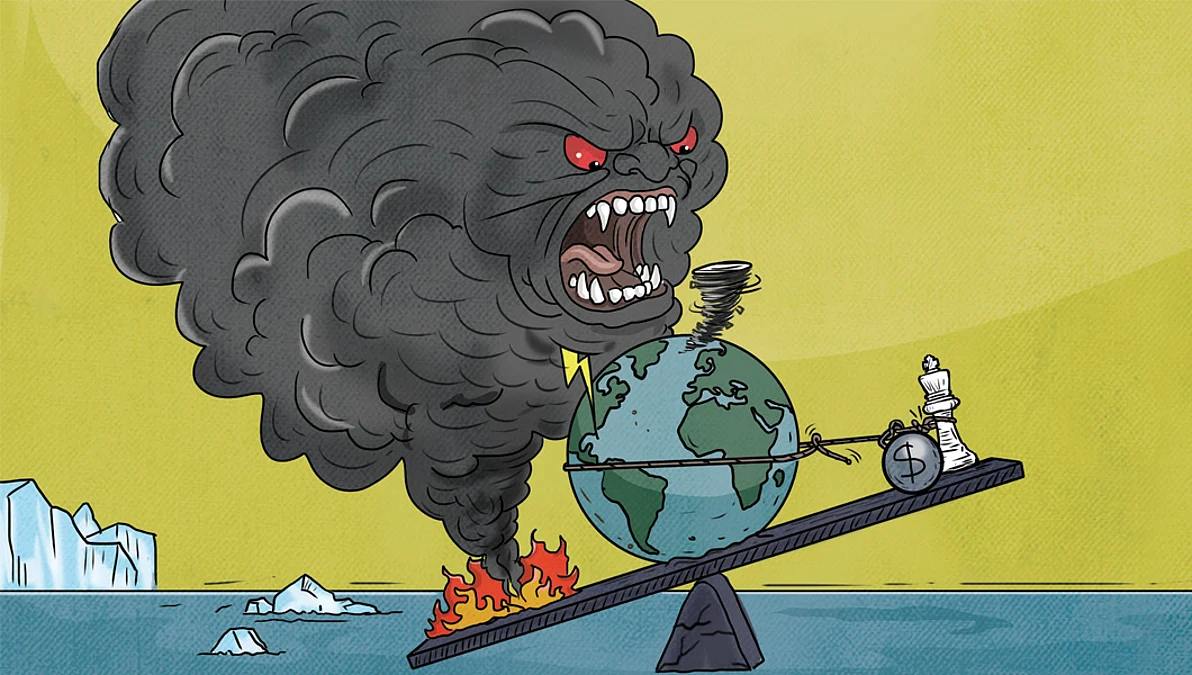Copyright scmp

The Philippines and Japan have agreed in principle to a military logistics deal, signalling a renewed commitment from Tokyo to the late Shinzo Abe’s vision of a “Free and Open Indo-Pacific”. Sanae Takaichi, Japan’s new prime minister and a former protege of Abe, met Philippine President Ferdinand Marcos Jnr on the sidelines of the recently concluded Asean summit in Malaysia to advance discussions on an Acquisition and Cross-Servicing Agreement (ACSA). The pact would allow the two nations’ armed forces to provide each other with logistical support – including fuel, food, transport, medical services and spare parts – during joint exercises, humanitarian operations and peacekeeping missions. “We will continue to work together as strategic partners towards the realisation of a Free and Open Indo-Pacific,” Takaichi said on Sunday after meeting Marcos, invoking a concept championed by Abe that aims to promote open trade and rule of law in the region. . We will continue to work together as strategic partners towards the realisation of a Free and Open Indo-Pacific Japanese Prime Minister Sanae Takaichi She also assured Marcos of Japan’s full support for the Philippines’ chairmanship of the Association of Southeast Asian Nations next year, which coincides with the 70th anniversary of the two countries’ diplomatic ties. The pact comes on the heels of the Reciprocal Access Agreement, which took effect in September and permits the deployment of troops on each other’s soil for joint drills Negotiations on the ACSA have been ongoing since April, following a visit to Manila by Japan’s then prime minister Shigeru Ishiba. Analysts view the agreement as an emphatic continuation by Takaichi of Abe’s strategic legacy. Abe prioritised “strengthening ties with Southeast Asian states, particularly those that share similar strategic concerns and perspectives”, said Kei Koga, an associate professor of public policy and global affairs at Nanyang Technological University in Singapore. Takaichi’s embrace of the “Free and Open Indo-Pacific” concept was a clear signal of continuity, Koga added. “She is likely to pursue a similar policy line to that of Abe, enhancing Japan’s defence capabilities, reinforcing the US–Japan alliance and promoting deeper cooperation with like-minded countries across the Indo-Pacific, including Southeast Asia.” Satoru Nagao, a non-resident fellow at the Hudson Institute think tank in the US whose primary research area is security cooperation, described Abe as a pioneer of the Indo-Pacific concept, having initiated the Quadrilateral Security Dialogue grouping alongside the United States, India and Australia. “The Pacific and Indian Ocean regions are under threat from China’s hegemony,” Nagao said, noting that Takaichi’s security calculus was likely shaped by the same concerns. He also pointed to the appointment of Keiichi Ichikawa – an architect of the “Free and Open Indo-Pacific” strategy under Abe – as head of Japan’s National Security Secretariat under Takaichi, reinforcing the sense of policy continuity. ‘Becoming an alliance’ Observers say the swift progression from the Reciprocal Access Agreement to the ACSA reflects the two nations’ rapidly deepening security partnership between Japan and the Philippines. “Step by step, Japan and the Philippines are becoming an ‘alliance’,” Nagao said, noting that Tokyo already had similar agreements with eight other nations including the US, Australia and India. Koga added that the pact “not only provides an effective means to deepen their security partnership but also sends a political signal that both states are committed to maintaining policy continuity under Takaichi”. Chester Cabalza, president of the International Development and Security Cooperation think tank in Manila, said the pact would boost transparency and operational familiarity between the two armed forces, even as sensitive data and arms technology were kept confidential. “This will increase the Philippines’ effectiveness in combating red tape in the defence and security sector amid the massive corruption allegations that have plagued the country. It ensures credible acceptability of defence systems for the two nations.” Defence analyst Vincent Kyle Parada, an emerging leaders fellow at Philippines-based think tank FACTS Asia, said the ACSA served as a “critical enabler” of the Reciprocal Access Agreement, with robust logistics enhancing interoperability and readiness and providing the foundation for a credible defence posture. “They’re essentially shock-proofing their partnership from political headwinds that might otherwise lead to the repeal of existing agreements,” he said. Parada noted that the ACSA’s scope extended beyond military drills to encompass humanitarian and disaster relief operations, but added that both governments must still finalise the details and secure formal ratification.



